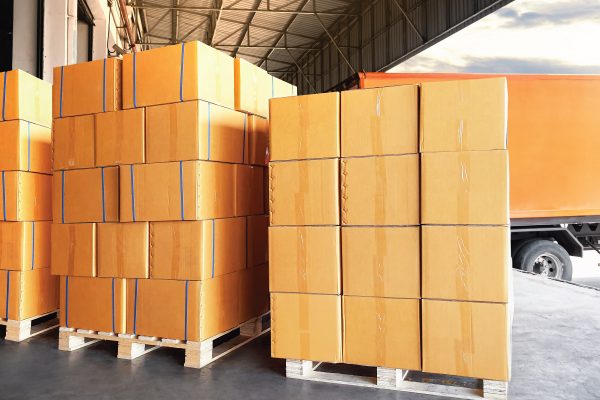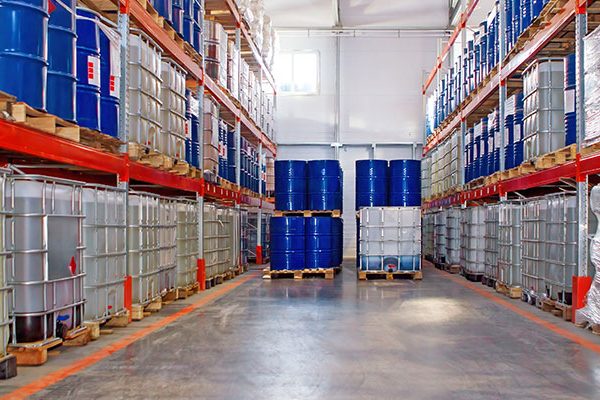The fast-growing Indian logistics industry is rapidly shifting towards Big Data to make the most of the information available within the systems of the companies. Though there are great benefits of this process, there are also certain challenges that companies need to keep in mind before making the technological shift.
Every shift of an item in the logistics industry generates a certain amount of data. Be it the movement of goods via road, air, sea or train, or the storage of the inventory, records and billing of every process; all these create data about the movement of products, trends in people’s consumption as well as disposal and shelf life of products.
When this data keeps increasing with the growth in business, this trove of information presents one more opportunity to the company—to understand its own and its customers’ behaviour. This data is often used to gain expert insights into both, the company’s businesses and its customers.
Many companies are making a move towards Big Data and slowly understanding the value of data which they never bothered to care about or invest in mining earlier. In the global scenario, businesses across the globe—and across industries—have spent extensive amounts of their marketing budgets to optimise processes and, consequently, customer experience.
Big Data is chaining many industries at the same time. Data analytics for the logistics industry is often referred to as logistics analytics. Logistics analytics is a term which can be used to describe analytical procedures conducted by organisations to analyse and coordinate their logistical functions and supply chain to ensure the smooth running of operations in a timely, and cost-effective manner.
The sheer magnitude of data available in the logistics industry is the very reason behind the argument that the use of analytics has helped the logistics industry the most. The processes of all shipments, their weights, sizes, contact details or returns generate an incredible amount of data that has to be managed and that’s exactly when logistics analytics software makes all the difference and creates a significant, competitive advantage for the company.
The use of Big Data creates a huge relief for logistics companies which were struggling to establish themselves in this competitive industry. The logistics industry might be the very sector that could make the most out of Big Data and business intelligence, as long as it knows how to leverage it to the fullest.
Though the transition of the international market towards data analytics has been faster and smoother, the Indian logistics industry is relatively quite far away. The unstructured or semi-structured operating models of companies might also be a deterrent in the implementation of analytics.
There is no doubt that there are numerous benefits that Big Data has for the logistics industry but there are also certain risks if the process is not administered properly.
As logistics involves different stakeholders at different stages, the data inputs at every stage of the supply chain should be entered without any manipulation. Data manipulation may result in a wrong forecast by the analyst which may lead to a complete loss of the money spent on the process and also the company’s credibility.
Broken data is one more thing that companies should be paying a great attention to. Since logistics, in India, involves unstructured or semi-structured data, it can disrupt the process of the logistics analytics. Similarly, unreliable and inaccurate data also hampers the process and affects the desired results.
The other challenge this process faces is qualified operators. Since this industry involves a mammoth workforce it is always to be known as one of the biggest employers of unskilled or semi-skilled workers. If the operators of the new technology are not skilled and equipped to handle it, it will become difficult to ensure optimal end-to-end functioning.
There are a good amount of challenges for logistics analytics, especially in India, but investing in the process of data analytics is always a good move as it can streamline the process and later generate insights on what the company is doing right or where it is going wrong. With the e-commerce sector is at its peak and new start-ups in the logistics industry entering the market, it is time for the old players to embrace new technology and make the best of it to grow and succeed.
About the author:
Nitesh Tiwari is a computer engineer and a data analyst. In his career of over one-and-a-half decades, he worked on data projects for Idea, India’s leading telecom service provider and many US companies.















